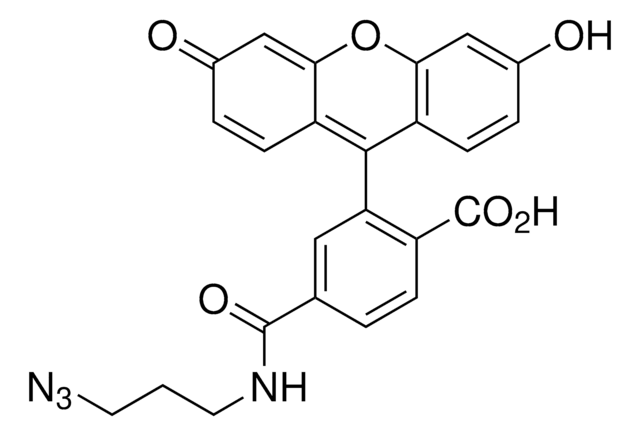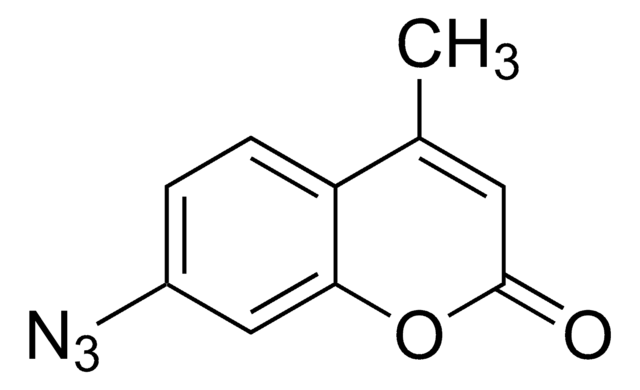933759
Silicon
nanoparticles, 10 nm avg. part. size, ≥99% trace metals basis, battery grade
Synonym(s):
SiNPs, Silicon nanopowder
About This Item
Recommended Products
grade
battery grade
Quality Level
Assay
≥99% trace metals basis
form
powder
composition
Si
greener alternative product characteristics
Design for Energy Efficiency
Learn more about the Principles of Green Chemistry.
sustainability
Greener Alternative Product
avg. part. size
10 nm
particle size
10 nm
bp
2355 °C (lit.)
mp
1410 °C (lit.)
density
2.33 g/mL at 25 °C (lit.)
bulk density
0.03 g/cm3
application(s)
battery manufacturing
greener alternative category
SMILES string
[Si]
InChI
1S/Si
InChI key
XUIMIQQOPSSXEZ-UHFFFAOYSA-N
Looking for similar products? Visit Product Comparison Guide
General description
Application
Features and Benefits
- Lowest Particle Size
- High Surface Area
- Consistent Quality
Signal Word
Warning
Hazard Statements
Precautionary Statements
Hazard Classifications
Flam. Sol. 2
Storage Class Code
4.1B - Flammable solid hazardous materials
WGK
WGK 3
Flash Point(F)
Not applicable
Flash Point(C)
Not applicable
Choose from one of the most recent versions:
Certificates of Analysis (COA)
Sorry, we don't have COAs for this product available online at this time.
If you need assistance, please contact Customer Support.
Already Own This Product?
Find documentation for the products that you have recently purchased in the Document Library.
Our team of scientists has experience in all areas of research including Life Science, Material Science, Chemical Synthesis, Chromatography, Analytical and many others.
Contact Technical Service





